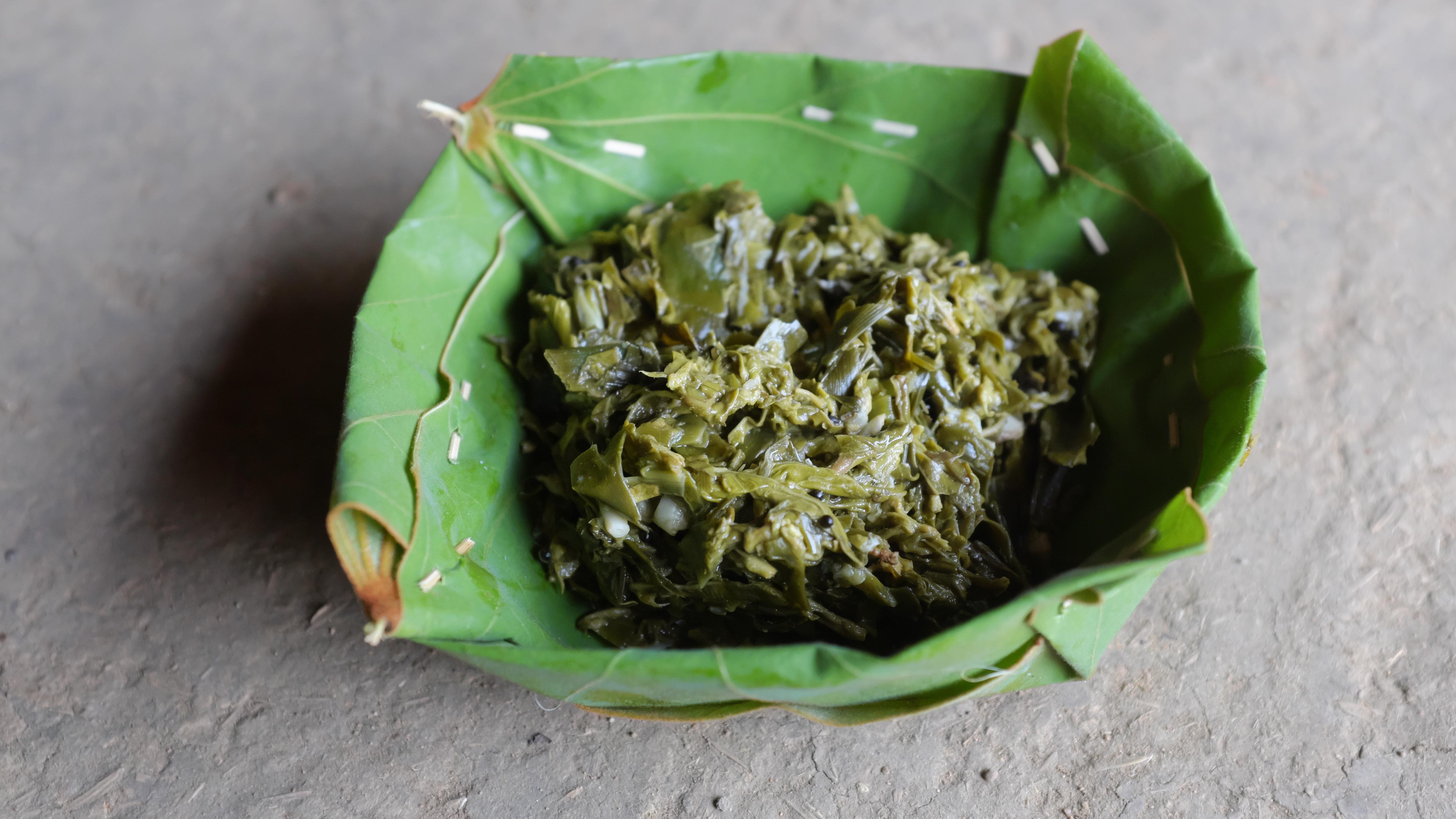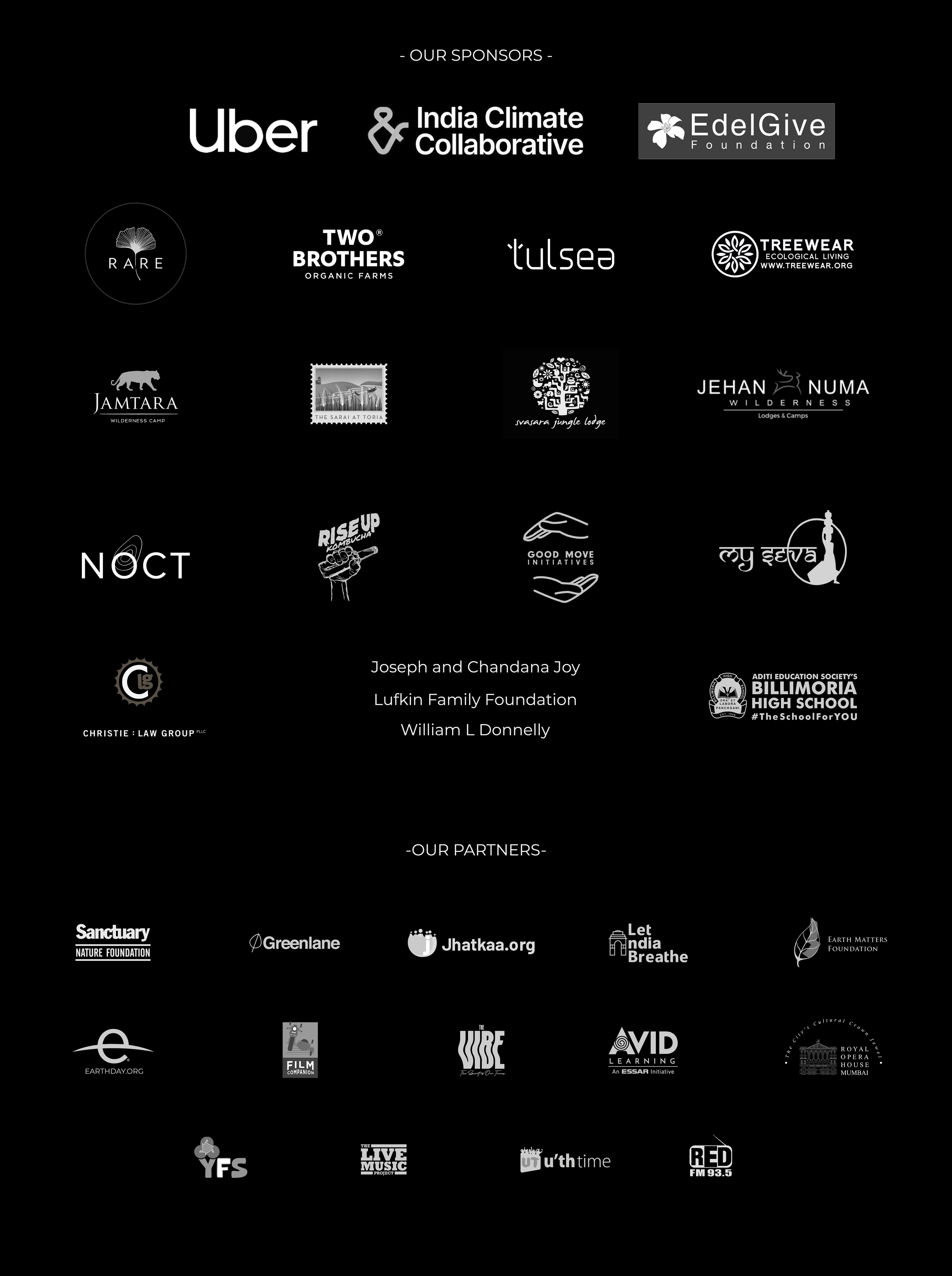
Give as a gift
With modern agriculture, we have lost 92% of our vegetable crop biodiversity. This discussion, starring women farmers and forest workers, is centered around wild foods of the forest and the impact of our diet’s moving away from these traditional foods. We’ll explore how climate change and shifting forest ecology affects the availability of forest foods, thus changing consumption patterns and human nutrition intake (especially for women). We will also look into how this invaluable traditional knowledge about wild foods has been passed over time from older to younger generations. The conversation is a space for members of indigenous communities to share their feelings, stories, memories, desires, hopes and sorrows around climate change.
More about our speakers and sharers:
Bellu amma is from the village of Chokkanahalli, in the Sigur region of India. An Irula village elder who is well versed in traditional ecological knowledge about the natural resources around her village, Bellu amma shares that knowledge with the kids of her village through a Village Elder Programme, with a ‘nature education’ approach. She is an enthusiastic farmer and has an enterprising spirit. Aside from that, she is a Barefoot Ecologist who adds value to the programme, with her ingrained expertise.
Parvathi amma is a Soliga woman from the Kanagere village of the Sathyamangalam region of India. She is an ASHA (Accredited Social Health Activist) worker and a traditional healer. She is also a Barefoot Ecologist, and happily says that her frequent roaming in the forest to record observations has made her remember heaps of forgotten medicinal plants!
Gyansha Bharti is community fellow with the ‘Using Diversity’ project. He works on traditional agricultural practices, uncultivated food and forest rights, and habitat rights for Particularly Vulnerable Tribal Groups (PVTGs).
Bhavya George is the Additional Programme Co-ordinator for Biodiversity Conservation at the Keystone Foundation. She co-ordinates the agroecological Barefoot Ecology programme. She has a masters in environment management from Forest Research Institute, Dehradun.
Rohan Mukerjee is Program Coordinator at Keystone Foundation and is responsible for coordinating a variety of projects with adivasi communities across Central and Eastern India. He has a Masters in Ecological Economics from the University of Edinburgh and has worked with adivasi communities in Maharashtra and Garo Hills, Meghalaya to promote community based conservation and sustainable livelihoods. His areas of interest include agro-Ecology; traditional shifting cultivation based practices; wild and uncultivated food; sustainable management and conservation of forests, biodiversity and natural resources by local communities.
With modern agriculture, we have lost 92% of our vegetable crop biodiversity. This discussion, starring women farmers and forest workers, is centered around wild foods of the forest and the impact of our diet’s moving away from these traditional foods. We’ll explore how climate change and shifting forest ecology affects the availability of forest foods, thus changing consumption patterns and human nutrition intake (especially for women). We will also look into how this invaluable traditional knowledge about wild foods has been passed over time from older to younger generations. The conversation is a space for members of indigenous communities to share their feelings, stories, memories, desires, hopes and sorrows around climate change.
More about our speakers and sharers:
Bellu amma is from the village of Chokkanahalli, in the Sigur region of India. An Irula village elder who is well versed in traditional ecological knowledge about the natural resources around her village, Bellu amma shares that knowledge with the kids of her village through a Village Elder Programme, with a ‘nature education’ approach. She is an enthusiastic farmer and has an enterprising spirit. Aside from that, she is a Barefoot Ecologist who adds value to the programme, with her ingrained expertise.
Parvathi amma is a Soliga woman from the Kanagere village of the Sathyamangalam region of India. She is an ASHA (Accredited Social Health Activist) worker and a traditional healer. She is also a Barefoot Ecologist, and happily says that her frequent roaming in the forest to record observations has made her remember heaps of forgotten medicinal plants!
Gyansha Bharti is community fellow with the ‘Using Diversity’ project. He works on traditional agricultural practices, uncultivated food and forest rights, and habitat rights for Particularly Vulnerable Tribal Groups (PVTGs).
Bhavya George is the Additional Programme Co-ordinator for Biodiversity Conservation at the Keystone Foundation. She co-ordinates the agroecological Barefoot Ecology programme. She has a masters in environment management from Forest Research Institute, Dehradun.
Rohan Mukerjee is Program Coordinator at Keystone Foundation and is responsible for coordinating a variety of projects with adivasi communities across Central and Eastern India. He has a Masters in Ecological Economics from the University of Edinburgh and has worked with adivasi communities in Maharashtra and Garo Hills, Meghalaya to promote community based conservation and sustainable livelihoods. His areas of interest include agro-Ecology; traditional shifting cultivation based practices; wild and uncultivated food; sustainable management and conservation of forests, biodiversity and natural resources by local communities.
